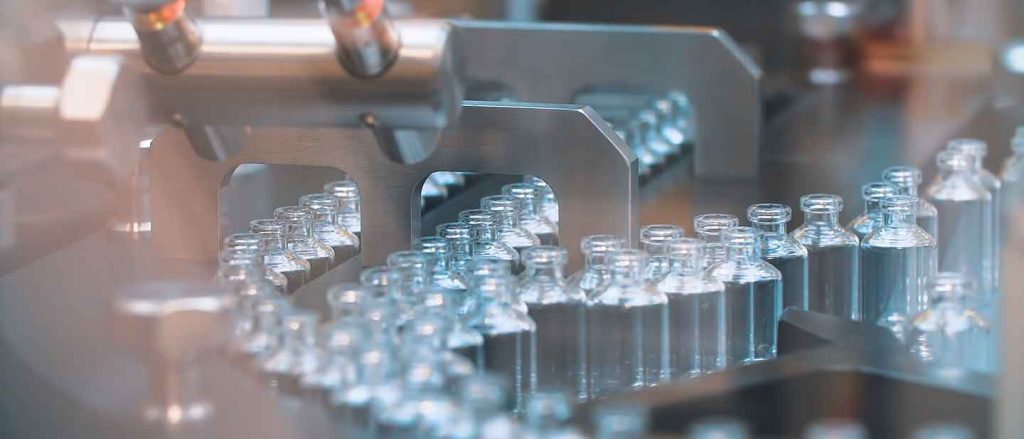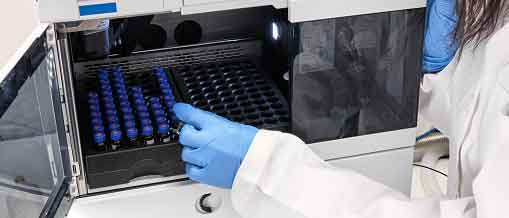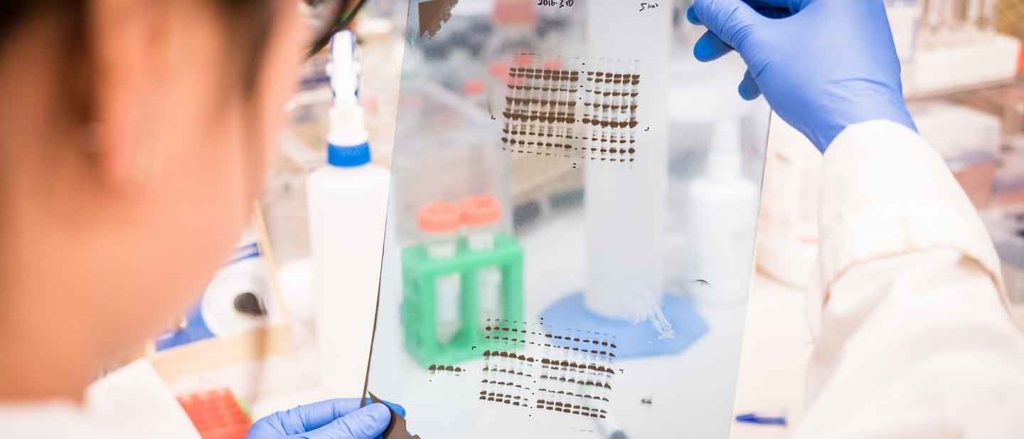Biologics are a vital part of the care pathway for several major chronic conditions, notably cancer and autoimmune diseases, and the expiry of patents and exclusivity periods for biologics has permitted the development of biosimilars. The introduction of biosimilars has provided patients with improved access to important, life changing therapeutics. Though biologics have been in common use for decades, biosimilars are relatively novel molecules. A biologic is a therapeutic that is derived via naturally occurring processes, many of which are recombinant proteins.
Over time, confidence in the use of biosimilars is increasing; however, they remain a relatively novel class of treatment, and are associated with complex production and regulation processes that may not be well-understood by all.
Biologics, and therefore biosimilars, used for the treatment of cancer are replicas of naturally occurring proteins that are made in vitro. Prior to delving into the complexities and idiosyncrasies of biosimilar manufacture and regulation, this chapter provides the fundamentals of protein synthesis, a natural cellular process that is mimicked in vitro to produce some of the most commonly used biologics, and consequently their biosimilars.


